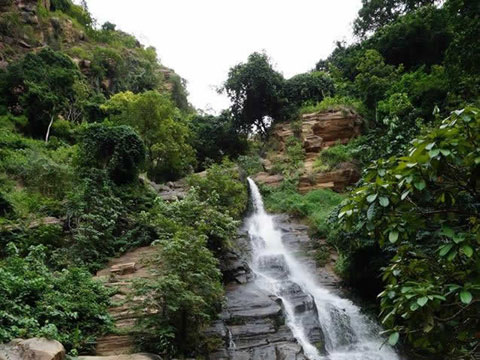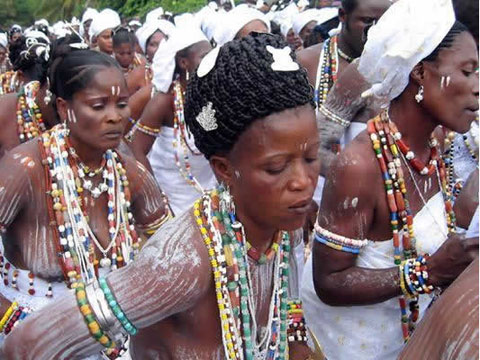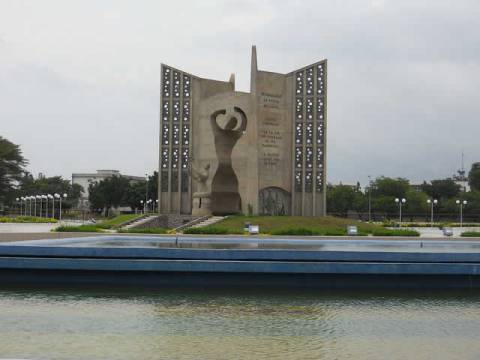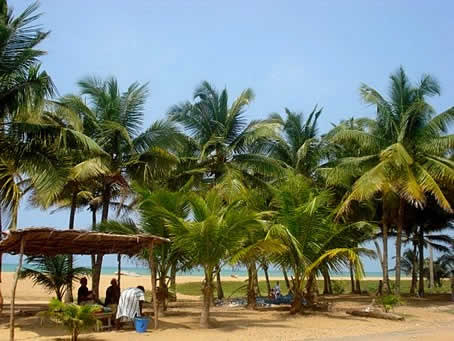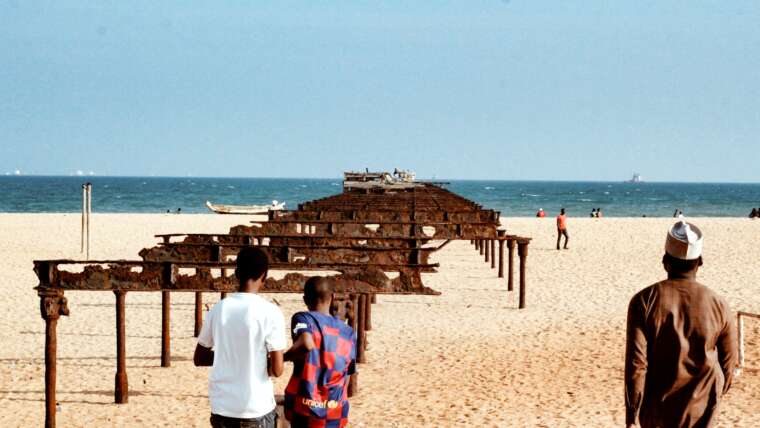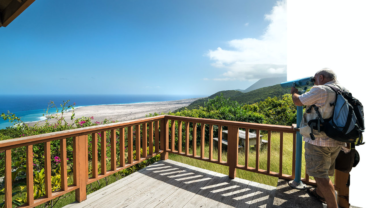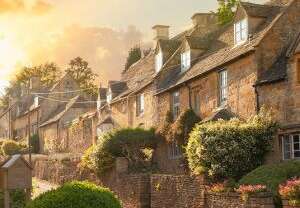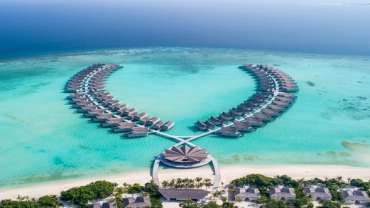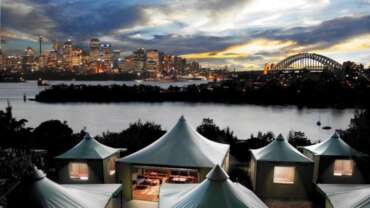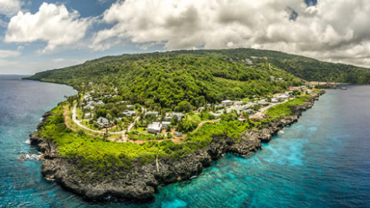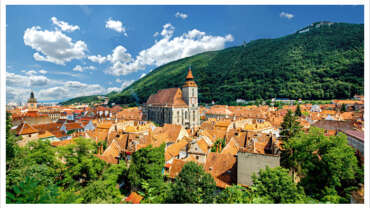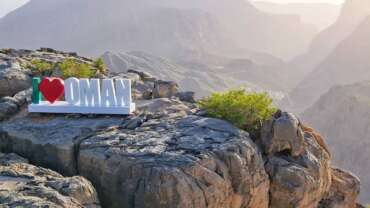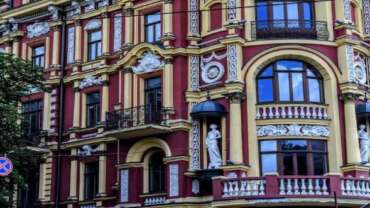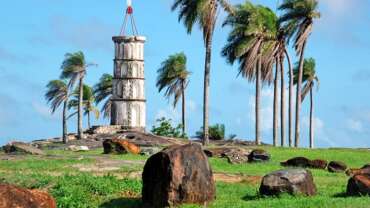Welcome to Togo!
Togo, a West African nation on the Gulf of Guinea, is known for its palm-lined beaches and hilltop villages. Koutammakou, inhabited by the Batammariba people, is a traditional settlement of fortresslike clay huts dating to the 17th century. In the capital, Lome, are the multistory Grand Marche bazaar and the Fetish Market, offering traditional talismans and remedies relating to the vodun (voodoo) religion.
History of Togo
Until 1884 Togoland was an indeterminate buffer zone between the warring states of Asante and Dahomey. The only port was Petit Popo (Anécho, or Aného). Throughout the 18th century the Togo portion of the Slave Coast was held by the Danes.
German occupation
German missionaries arrived in Ewe territory in 1847, and German traders were soon established at Anécho. In 1884 Gustav Nachtigal, sent by the German government, induced a number of coastal chiefs to accept German protection. The protectorate was recognized in 1885, and its coastal frontiers with Dahomey and the Gold Coast were defined by treaties with France and Great Britain. German military expeditions (1888–97) met with little resistance, securing a hinterland the boundaries of which also were determined by treaties with France (1897) and Great Britain (1899).
Lomé, at the western end of the coast, was selected as the colonial capital in 1897, a modern town was laid out, and in 1904 a jetty was built. Three railways were constructed to open up the interior. Exploitation was confined to the coastal and central areas and was exclusively agricultural. Plantations were established both by the government and by private German corporations, but crop development was left mainly to the Togolese, assisted by agriculturists trained at a college in Nuatja (Notsé). Upwardly mobile Ewe were recruited into what was supposed to be Germany’s Musterkolonie (model colony). Trade was chiefly in palm products, rubber, cotton, and cocoa beans. German administration was efficient but marred by its harsh treatment of Africans and use of forced labour.
On August 7, 1914, at the outset of World War I, British and French colonial troops from the Gold Coast and Dahomey invaded Togoland and on August 26 secured the unconditional surrender of the Germans. Thereafter the western part of the colony was administered by Britain, the eastern part by France. By an Anglo-French agreement of July 10, 1919, France secured the railway system and the whole coastline. After Germany renounced its sovereignty in the Treaty of Versailles, the League of Nations in 1922 issued mandates to Britain and France for the administration of their spheres.
League of Nations mandate
The northern part of the British-mandated territory was administered with the Northern Territories of the Gold Coast, the southern part with the Gold Coast Colony. Although the British administration built roads connecting its sphere with the road system of the Gold Coast, the bulk of the territory’s external trade passed over the railways of French Togo.
French Togo was administered by a commissioner assisted by a consultative executive council. When British Togo was attached to the Gold Coast, French Togo was formed into a distinct unit until 1934, when a kind of economic union was established with Dahomey; this was replaced in 1936 by a qualified integration with French West Africa that lasted 10 years. Agricultural development was pursued, and a planned settlement of the interior by the Kabre and other peoples was carried out. Peanut (groundnut) cultivation was introduced in the northern areas, and energetic action was taken against trypanosomiasis (sleeping sickness).
After World War II French Togo sent a deputy to the French National Assembly, a counselor to the Assembly of the French Union, and two senators to the Council of the Republic. A representative assembly was concerned with internal affairs.
United Nations trusteeship
In 1946 the British and French governments placed their spheres of Togoland under United Nations (UN) trusteeship. After 1947 the Ewe people in southern Togoland represented to the Trusteeship Council that either their territories or the whole of Togoland should be brought under a common administration. These proposals were difficult to implement because Ewe also inhabited the southeastern part of the Gold Coast Colony and because not all the people of southern Togoland were Ewe. The British colony was also rapidly advancing toward self-government, and the incorporation of the northern part of the British sphere with the Northern Territories of the Gold Coast had reunited the Dagomba and Mamprusi kingdoms, both of which had been cut in two by the pre-1914 boundary. Following a plebiscite held under UN auspices on May 9, 1956, the British trust territory of Togoland was on December 13 incorporated into the Gold Coast (although in the southern districts of Ho and Kpandu the Ewe vote showed a two-to-one majority in favour of continued British trusteeship). The Gold Coast and Togoland together were renamed Ghana and achieved independence in 1957.
Independence
French Togoland became an autonomous republic within the French Union on August 30, 1956. This status was confirmed (despite Ewe opposition) by a plebiscite held in October under French auspices. Nicolas Grunitzky was appointed premier. Following UN representations, elections in April 1958 favoured complete independence and rejected Grunitzky’s Togolese Progress Party in favour of Sylvanus Olympio’s Togolese National Unity Party. Togo became independent on April 27, 1960.
Early years and coups
After the 1961 elections, which established a presidential form of government, Olympio became the first president. He maintained economic cooperation with France. Togo became a member of the Organization of African Unity (OAU, now the African Union) in 1963 and in 1965 subscribed to the renewed Joint African and Malagasy Organization, which provided for economic, political, and social cooperation among French-speaking African states.
People of Togo
Ethnic groups and languages
The population of Togo is made up of about 30 ethnic groups, many of whom are immigrants from other parts of western Africa. The groups indigenous to Togo live in the north and southwest. The northern groups include the following Gur-speaking peoples: the Gurma; the Natimba, Dye, and Konkomba; the Tamberma; the Basari; the Moba; the Losso (Naudem); the Kabre and Logba; and the Lamba (Namba); a small number of Atlantic-speaking Fulani; and the Kebu (Akebu). In the southwest the indigenous Kwa peoples also belonging to the central Togo group are the Kposo (Akposso), the Adele, and the Ahlo.
The Ewe, who emigrated from Nigeria between the 14th and 16th century, form the major ethnic group. There are also some scattered Yoruba, mainly Ana. Groups who emigrated from present-day Ghana and Côte d’Ivoire since the 17th century include the Mina (Ga and Ané), the Ga-Dangme, the Kpelle and the Anyama, the Chakosi, and the Dagomba. The northern groups—the Kotokoli (or Temba), Gurma, and Mossi—entered mainly from Burkina Faso.
Most of the country’s non-Africans—the majority of whom are French—live in Lomé. Brazilians, or Portuguese of Brazilian birth, constituted the original trading settlement in Togo, and today African-Brazilians are closely associated with economic and political development.
The official language is French, although it is not widely spoken outside of business and government. Widely spoken indigenous languages belong to the Niger-Congo language family and include Ewe in the south and Kabiye in the north.
Religion
Almost half of the population is Christian, many of whom are Roman Catholic, although there are also substantial Protestant, independent, and other Christian communities. Since independence, the Roman Catholic Church in Togo has been headed by a Togolese archbishop. The main Protestant (Calvinist) church has been governed for a long time by Togolese moderators.
About one-third of Togo’s population adheres to various ancestral forms of belief, including Yoruba-based sects associated with Vodou (Voodoo). More than one-eighth of the population is Muslim.
General Information of Togo
Education
Education is modeled after the French system. Primary education, which begins at six years of age and lasts for six years, is technically compulsory. Secondary education begins at 12 years of age and is made up of two cycles of four and three years, respectively. Both primary and secondary education are provided by public or parochial schools.
The University of Lomé (founded in 1970) provides French-language instruction and has schools of humanities and science and a university institute of technology. The University of Kara (founded in 1974) offers instruction in a range of faculties, including arts and humanities and law and politics. A school of architecture and town planning, also at Lomé, was founded in 1975 by the African and Mauritian Common Organization.
Cultural Life
Like other African peoples, the Togolese have a strong oral tradition. Little has been done, however, to promote vernacular literature. Before independence there were a few Togolese writers using French. Since independence, regional (especially Ewe) literature emerged with the works of several novelists and playwrights. Founded in 1967, the African Ballet of Togo has aimed at popularizing the finest traditional dances. The country’s national archives and national library are centred in Lomé, as is the Palais de Lomé, the former residence of colonial-era rulers that now is home to a contemporary art museum and a botanical park.
Holidays observed in Togo include those celebrated by the Christian population, such as Easter, Assumption, Whitmonday, All Saints’ Day, and Christmas. The country’s Muslim community observes ʿĪd al-Fiṭr, which marks the end of Ramadan, and ʿĪd al-Aḍḥā, which marks the culmination of the hajj rites. Other holidays include Liberation Day (January 13), which commemorates the anniversary of the coup of 1967; Independence Day (April 27); and the anniversary of the failed attack by dissidents on Lomé in 1986, observed on September 23.
Sports and recreation
Football (soccer) is the most popular sport in Togo, and the country has enjoyed international success. Togolese also enjoy boxing. In the late 1990s super middleweight Zafrou Balloqou was ranked in the world’s top 10, and Yacoubou Moutakilou and Abdoukerin Hamidou also have found success in the ring. The country competes internationally in tennis and in African Traditional Wrestling as well. Standout tennis players include Komi and Gérard Loglo, who represented the country at the 1999 Davis Cup. Togo has largely been represented only by men in international sporting events, and in 1998 a seminar was held on the promotion of women in Togolese sports.
In 1963 Togo founded an Olympic committee, which was recognized by the International Olympic Committee two years later. The country made its Olympic debut at the 1972 Munich Games. The country claimed its first Olympic medal at the 2008 Beijing Games when Benjamin Boukpeti placed third in the men’s kayak event.
Media and publishing
Although the constitution provides for freedom of speech, in practice that right is restricted, and journalists often exercise self-censorship. Radio is a popular media format, particularly in rural areas. In addition to state-controlled stations, a variety of private stations are in operation, with broadcasts in English, French, and a number of local languages. Television broadcasts are limited and are mainly state-controlled.
Notable publications include Togo-Presse, the state publication, and a variety of pro-opposition weeklies, including Carrefour, Le Combat du Peuple, Le Crocodile, Motion d’Information, and Le Regard, all of which were founded in the 1990s.
Arts & Crafts
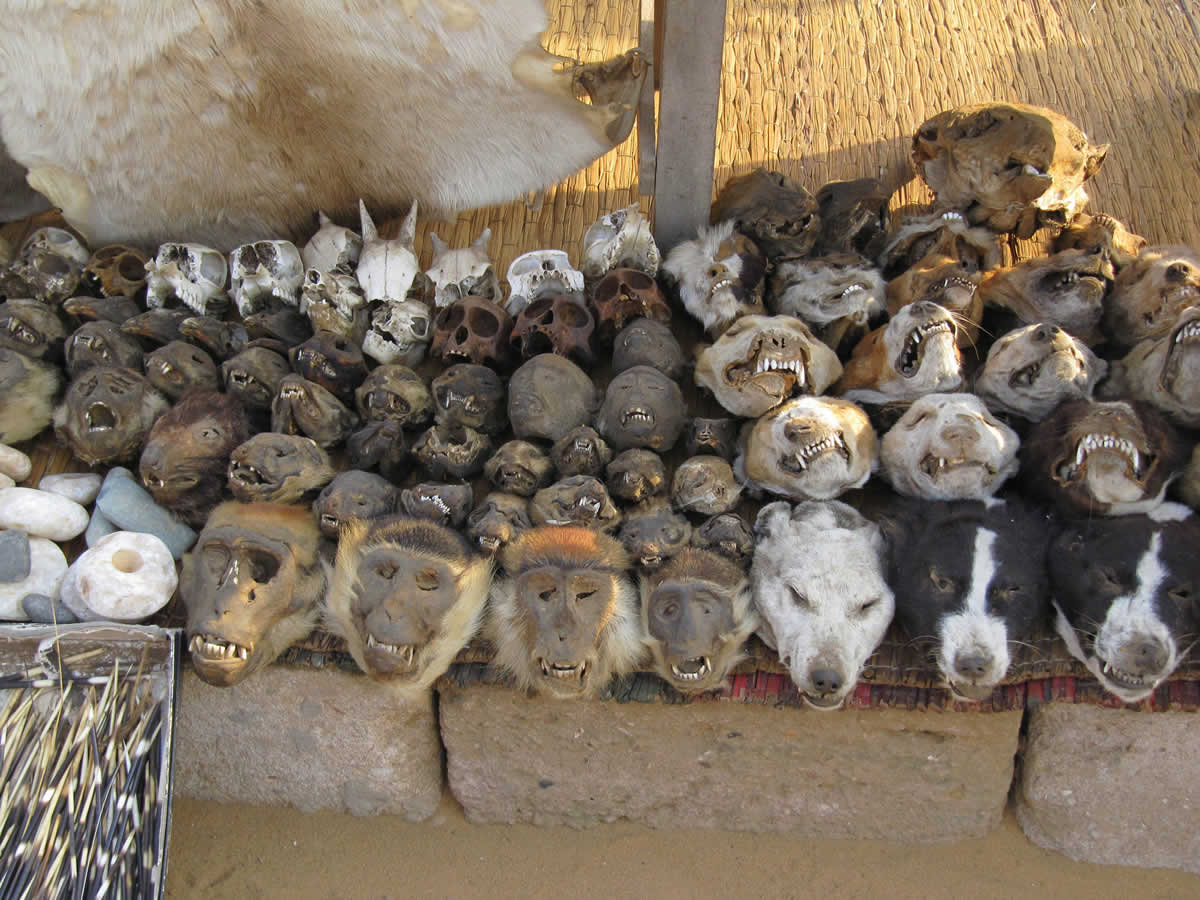
The fetish market
Region: Maritime
City: Lomé
This is the place where you can observe the products of the Togolese religion and traditional medicine. The fetish market is located in Lomé , the capital of Togo , in the district of Akodésséwa.
The market is famous throughout the sub-region for the great diversity of its products, allowing many people to find what the sorcerers have prescribed for them. Of bird feathers , of animal skulls , of animal skins , the herbs and all sorts of things that are supposed to be equipped with magical qualities listed on counters and small fetishes carved.




